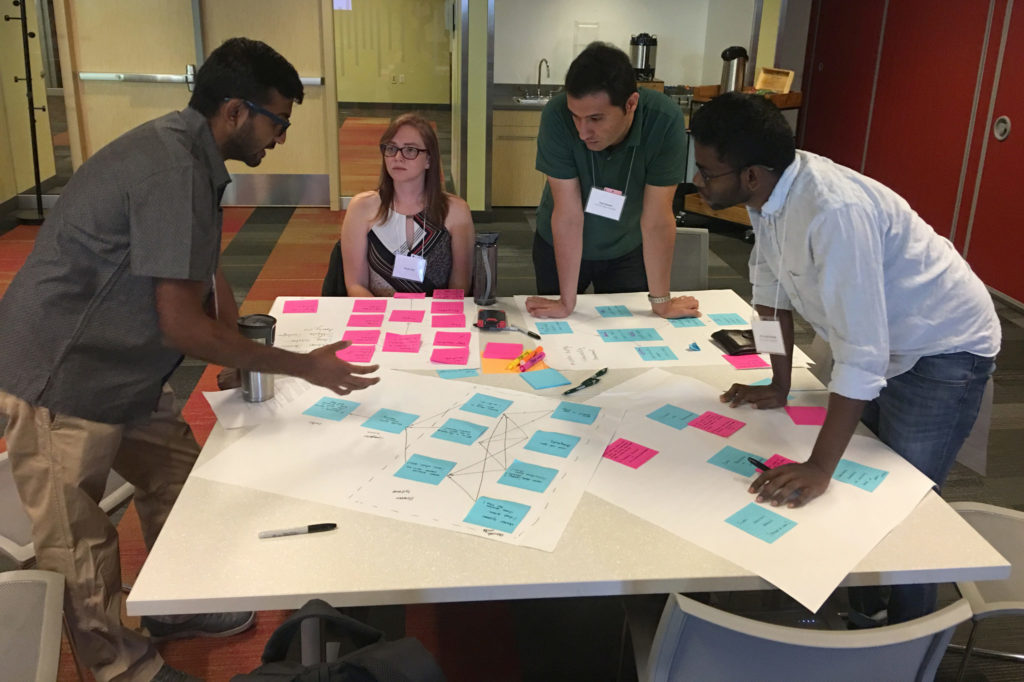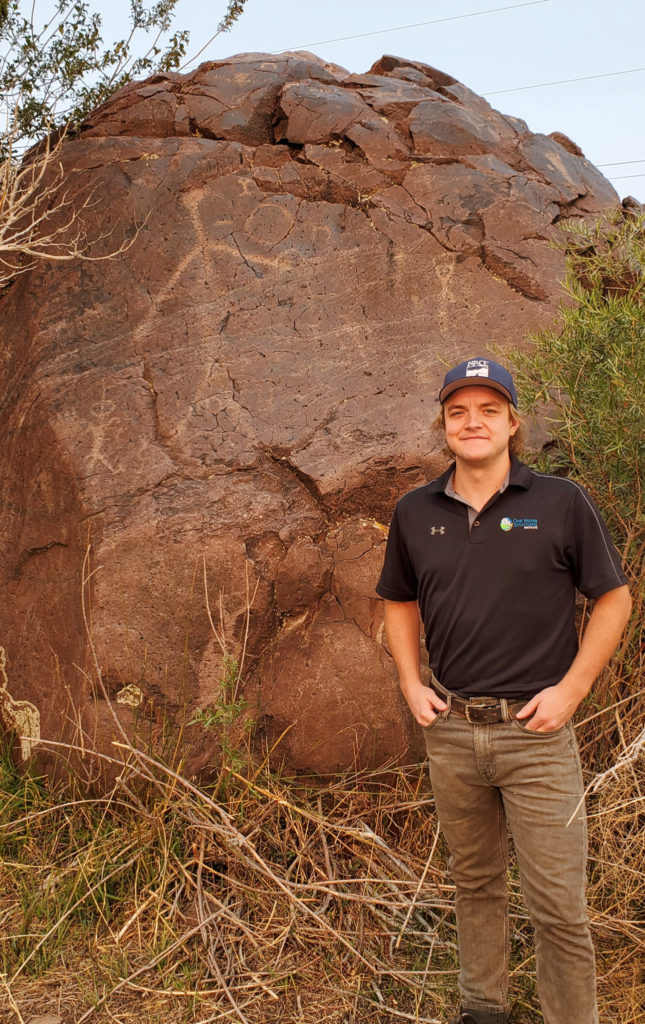
Colorado State University engineering students studying water resources engage in more than academic exercises. They receive real-world training that prepares them to face tough challenges in their careers.
“Real-world problems require real-world solutions,” said Mazdak Arabi, professor of civil and environmental engineering. “There’s no question that we need to advance science, but there’s also a significant need for training the next generation of engineers so they can actually solve problems.”
Training change agents and problem solvers is central to the mission of the One Water Solutions Institute, a hub for interdisciplinary water-related laboratories and research centers at CSU. The collaboration, directed by Arabi, works to solve the complex and intractable problems surrounding our most precious resource.
Through the institute’s diverse projects, many serving external partners, engineering students are exposed to cutting-edge research and interdisciplinary collaboration. This practical expertise is invaluable for finding good jobs, Arabi said.
Dream job
Meagan Smith and Michael Neale are among many engineering graduates who credit the education they received at CSU for their career trajectories.
Smith directly links her position as a water resources engineer for the City of Fort Collins to her training at CSU. She describes it as her “dream job” and said she loves “dealing with the complexities of managing water in the West.”

“The resource constraints, the legal administrative constraints, the need for constant collaboration and communication across various stakeholders – it’s very interesting and ever evolving,” she said.
Smith helped coordinate the One Water Solutions Institute at its beginning, and through it, she made valuable connections and gained useful knowledge of communities and universities working together to create robust solutions for urban water planning.
“It exposed me to a great deal of cutting-edge one-water research that’s going on across the nation, that I’m still able to bring to my work at Fort Collins,” Smith said.
Translating research into application and thinking outside the box are two of the most important skills Smith learned at CSU that she now applies to her work.
“Nothing in the real world is a straight line from A to B, so learning the skills to be able to problem solve and understand resources available to you is important,” she said.
Novel training opportunity
Neale appreciates the hands-on experience gained through One Water Solutions Institute.
“OWSI allows students to harness the expertise of faculty and software developers to conduct research with cities and other partners,” he said.
Neale, an engineer with Natural Resources Consulting Engineers, performs water resources studies for clients across the Western states. His projects have ranged from feasibility studies for small-scale hydropower to an investigation of historical groundwater use.
Through his training at CSU, Neale learned how to think critically, collaborate and brainstorm effectively, and present his research clearly and concisely.
“It made me a better communicator and collaborator,” he said. “It taught me how to ask the right questions and use available resources.”
Neale learned to provide quantifiable solutions to a problem and think holistically about the feasibility and scale of fit-for-purpose water reuse and conservation strategies in diverse U.S. cities. He also developed patience and resilience in dealing with the roadblocks that come with research.
All these skills have been useful in his career, and they’re qualities he shares with some of his colleagues.
“I work with some top-notch engineers, many of whom have completed graduate studies in CEE at CSU,” Neale said.
Smith, too, is in good company.
“My entire group, all four of us, are CSU civil engineering program grads,” she said.